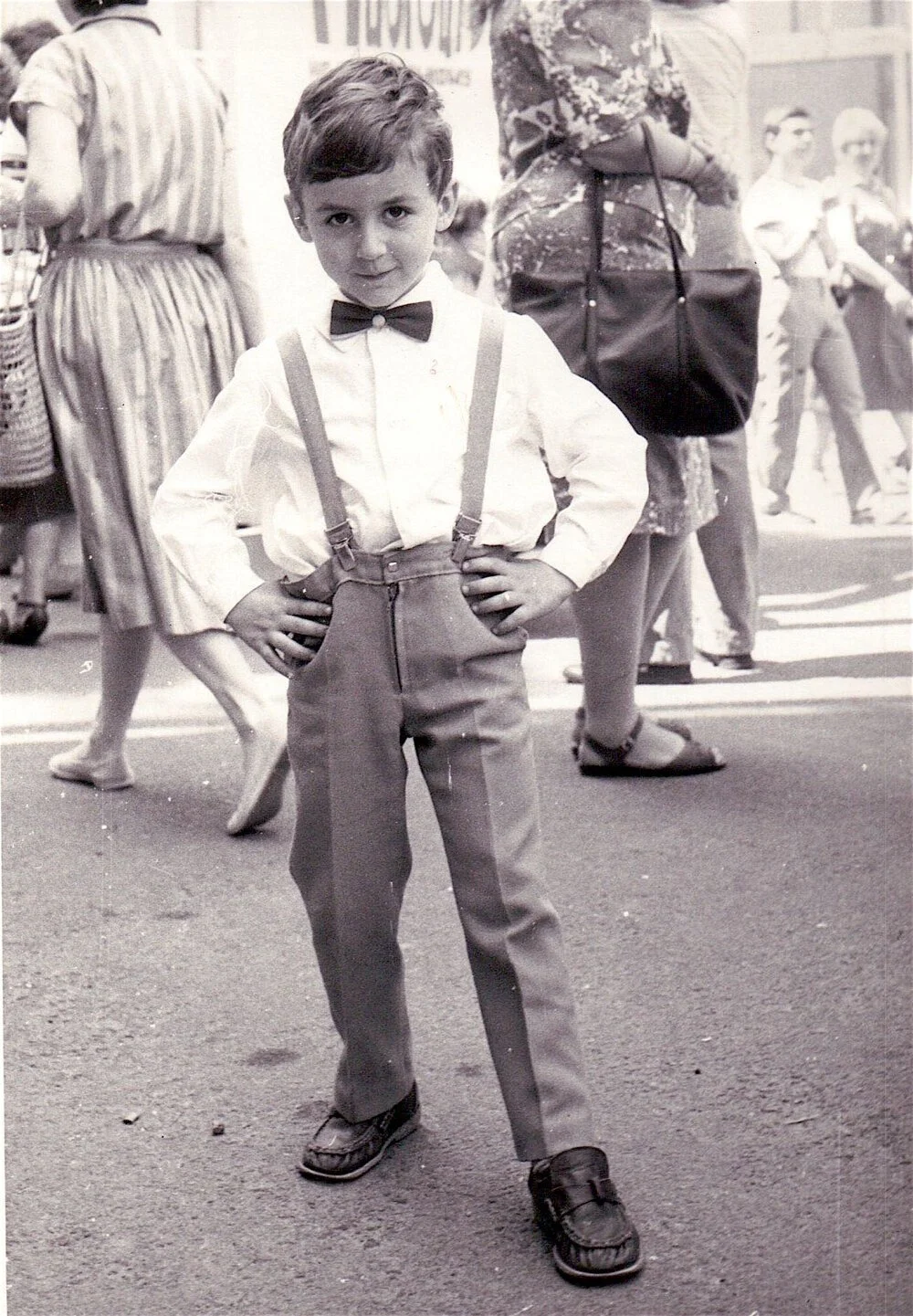“Is Mentalism Real?” Answered Honestly by a Professional Mentalist
In this post, I’ll cover whether mentalism is real, the ethics of performing mindreading, and why theatrical honesty matters.
Mentalism as a performance art is real; mentalism as genuine telepathy is not.
I get asked this question constantly, and I understand why. When I perform mentalism at corporate events or private shows, I create experiences where I appear to read minds, predict choices, and know things about people that seem impossible. The reactions are powerful. People are genuinely stunned.
So I want to answer this honestly.
What Mentalism Actually Is
Mentalism is a branch of magic. That means everything you need to know about whether it’s “real” comes down to understanding what magic is.
When a magician produces a dove on stage, nobody believes that bird materialized from thin air. We all understand the dove hatched from an egg, was raised by its mother, and exists as a real living creature. The magician simply made it appear through skillful methods hidden from view.
The same applies to mentalism. When I “read someone’s mind” or “predict their choice,” I’m using methods. Clever methods, practiced methods, hidden methods, but methods nonetheless.
The effect you experience is real. That feeling of astonishment, that moment when your brain can’t quite explain what just happened? That’s genuine. When I teach companies about creating extraordinary customer experiences, I emphasize that every magic trick has two sides: a method and an effect.
Methods are real but invisible. Effects are imaginary but perceived.
Where the Ethics Get Complicated
Most people understand that traditional magicians don’t possess supernatural powers. You don’t leave a magic show believing the performer can actually defy gravity or make elephants vanish into other dimensions.
But mentalism occupies murkier territory.
Because mentalism deals with the mind rather than the physical world, audiences sometimes struggle to separate theatrical performance from claimed reality. Some mentalists exploit this ambiguity. They carefully avoid calling themselves entertainers. They imply their abilities are genuine. They use vague language about “reading facial cues” or “heightened intuition” that suggests something beyond skillful performance.
This creates a problem when audiences believe they’re witnessing real psychic phenomena.
Why I Call It Theatrical Mindreading
In my birthplace of Kyiv as a child
I grew up in the Soviet Union. In Ukraine. I arrived in America at age nine as a refugee, carrying the experiences of a society built on propaganda and deception.
That background shaped how I approach my work.
I understand what it feels like to be manipulated. To have information withheld. To question what’s real and what’s manufactured. My family sought opportunity in America partly because we valued truth and transparency.
So when I perform mentalism, I call it theatrical mindreading.
Those two words matter. Theatrical signals that this is performance, artifice, entertainment. Mindreading describes the effect I’m creating for the audience.
During my shows, I absolutely pretend to possess these abilities. That pretense forms the foundation of the experience. When someone hands me a folded piece of paper and I correctly reveal what they wrote, I act as though I genuinely accessed their thoughts. The performance requires that I fully commit to the premise.
But I’m transparent about the framework.
The Greater Good of Wonder
We live in an era of profound distrust. Information feels suspect. Institutions feel unreliable. People struggle to distinguish authentic from manufactured.
In this environment, honesty becomes even more valuable.
People need genuine experiences built on honesty, trust, and real moments of wonder.
When I work with organizations, teaching leaders how to master the psychology of perception, I emphasize the importance of managing expectations authentically. You set expectations, you meet them genuinely, and you exceed them through skill and dedication.
The same principle applies to mentalism.
I create genuine wonder by being honest about the construct. I tell audiences upfront they’re about to experience theatrical mindreading. This transparency doesn’t diminish the experience. If anything, it deepens it.
When people understand they’re engaging with artful performance rather than claimed supernatural ability, they can surrender to the experience fully. They don’t spend the entire show wrestling with skepticism or feeling manipulated. They can simply enjoy the cognitive dissonance of watching something that seems impossible while knowing methods exist behind it.
That feeling of wonder is what people need right now. Real, in-the-moment wonder that makes them feel something genuine. Not deception disguised as mysticism. Not exploitation of belief. Just pure theatrical astonishment.
The Line I Won’t Cross
Some performers disagree with my approach. They argue that maintaining ambiguity creates stronger effects. They suggest that letting audiences believe in real psychic powers enhances the experience.
I reject this completely.
The moment a mentalist claims actual telepathic abilities, he crosses from entertainer into charlatan. He becomes someone exploiting belief rather than creating art. Mentalists risk causing real harm when people make decisions based on what they think are genuine psychic insights rather than skilled performance.
I’ve built my career on understanding perception. My entire Think Like A Magician™ methodology centers on how audiences see, interpret, and remember experiences. I know exactly how powerful these performances can be and how easily people can be led to believe something false.
That knowledge creates responsibility.
My presentations examine how audiences perceive, interpret, and remember experiences and how easily belief can be shaped.
What This Means For You
If you’re hiring a mentalist for your event or attending a mentalism show, here’s what you should know:
Professional mentalists create effects through methods, not supernatural powers. Any performer claiming otherwise is either deluded or dishonest.
The best mentalists are transparent about the theatrical nature of their work while remaining secretive about their methods. This balance allows you to experience wonder without feeling deceived.
When someone demonstrates “telepathy” or “precognition” during a performance, you’re witnessing highly practiced skill in perception management, psychology, and sometimes simple techniques that would surprise you with their effectiveness.
And that’s okay. Actually, it’s better than okay.
The craft of creating impossible-seeming experiences through human skill and dedication is far more impressive than simply possessing supernatural abilities. Anyone can be born with a gift. It takes years of study, practice, and refinement to master the art of theatrical mindreading.
The Answer
So is mentalism real?
Yes. Mentalism is real as a genre of entertainment, as a performance art, as a way of creating extraordinary experiences for audiences.
Is telepathy real? Is actual mind reading real?
No. These are wishful thoughts that are slowly moving from science fiction to scientific reality. That’s a big reason we’re obsessed with mentalism. Because we’re on the verge of attaining the effects of mentalism through scientific methods. But for now any human claiming to have real mind reading powers is manipulating you for their personal gain.
And I’m completely comfortable with that distinction. I don’t need to claim supernatural powers to create profound experiences. I simply need to be exceptional at my craft, honest about my framework, and dedicated to creating moments of genuine wonder.
When you understand that difference, you can appreciate mentalism for what it truly is: one of the most sophisticated forms of performance art, combining psychology, showmanship, and technical skill to create experiences that feel impossible while remaining grounded in reality.
That’s the honest answer from someone who’s spent decades studying perception and creating these effects. Take it from a theatrical mentalist who happens to care deeply about truth.



